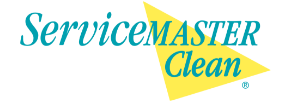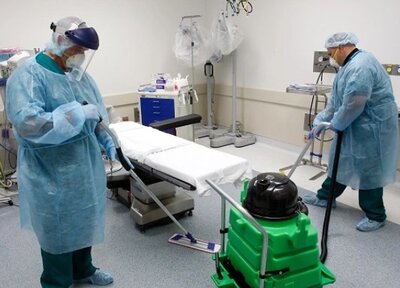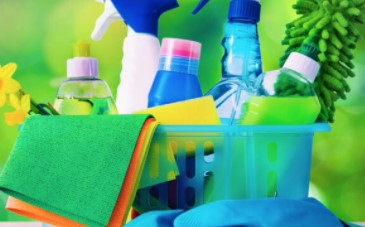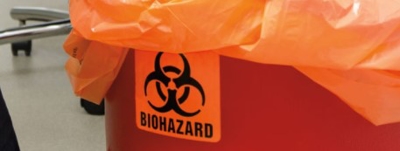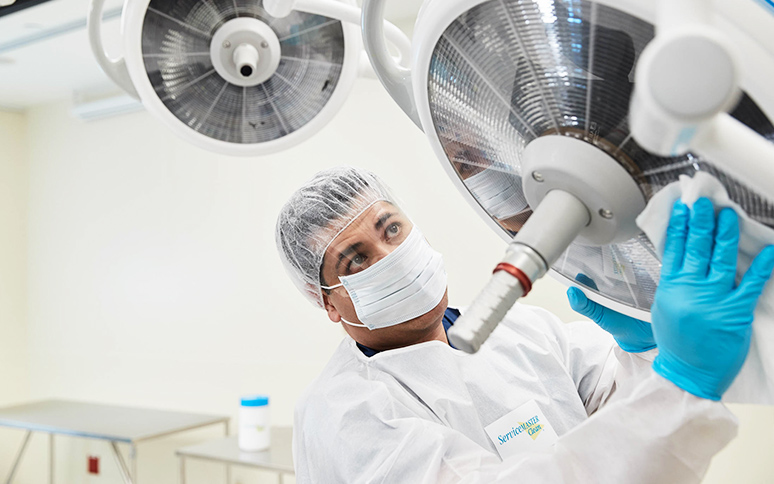How to Avoid the Spread of Infection in Your Medical Facility
As a healthcare professional, your ultimate goal is to care for your patients. Unfortunately, there are occasions where medical practices can actually make patients sicker. According to the Centers for Disease Control and Prevention (CDC), about 1 in 25 hospital patients get at least one healthcare-associated infection (HAI) on any given day, putting them at risk for a number of different diseases. To limit their exposure to dangerous pathogens, make sure your medical facility is following proper infection prevention and control practices. Use these tips from ServiceMaster Clean to implement a thorough infection prevention procedure in your facility.
Common Infections Found in Medical Practices
People who visit medical facilities not only risk spreading their illnesses to others, but they make themselves susceptible to pathogens that other patients may have. Some of the most common HAIs found in numerous healthcare facilities include:
Catheter-associated urinary tract infections (CAUTI)
Central line-associated bloodstream infections (CLABSI)
Surgical site infections (SSI)
Ventilator-associated pneumonia
Luckily, there are steps you can take to control and prevent HAIs in your facility. In fact, according to The CDC, rates of some HAIs can decrease by more than 70 percent if facilities, care teams and individual doctors and nurses take necessary steps toward preventing them.
How to Prevent the Spread of Infection
To safeguard your medical facility, you must follow the CDC’s standard precautions for patient care. This list includes information your staff can use to protect themselves from infection and prevent the spread of infection from patient to patient. Some of the strategies documented in the CDC’s standard precautions include the following basic priorities:
Follow proper hand hygiene. Along with requiring staff members to wash their hands before and after treating each patient, encourage them to frequently use hand sanitizer. If employees need a refresher on the right way to wash their hands, the CDC has their own guidelines and training courses you can implement in your facility.
Use personal protective equipment (PPE) properly. Training should be implemented to ensure all staff members know when and how to correctly use gloves, gowns, masks and other PPE.
Follow airborne precautions. This includes cough etiquette and isolation precautions.
Review documented procedures and make updates as necessary. If any changes are made, all staff members should be notified and trained appropriately.
Maintain good environmental hygiene. This includes regularly cleaning, sanitizing and disinfecting high-contact equipment like mobile nurse stations, phones, computers and all surfaces the patient comes into contact with.
Stay current on vaccinations. Healthcare staff is regularly at risk of exposure to serious infections and diseases. To reduce the spread of infection in medical facilities, The CDC recommends that all healthcare professionals stay current on certain vaccinations. These include Influenza, Hepatitis B, MMR and Meningococcal vaccinations.
Follow safe injection practices. This includes using sterile, disposable needles and syringes for each injection given. Afterward, disposable equipment should be carefully exposed of in the proper sharps containers.
Clean and disinfect medical instruments after use. Hospital-grade disinfectants should be used to appropriately eliminate microorganisms from surfaces.
Although regularly cleaning throughout the day can make a big difference, nothing beats a professional clean. Call on experts at ServiceMaster Clean to sanitize and disinfect all surfaces in your facility. Backed by over 60 years of experience, our healthcare cleaning services have been developed with best practices set forth by leading industry organizations. Find out how we can help you with environmental improvement, risk reduction and infection control and prevention.
